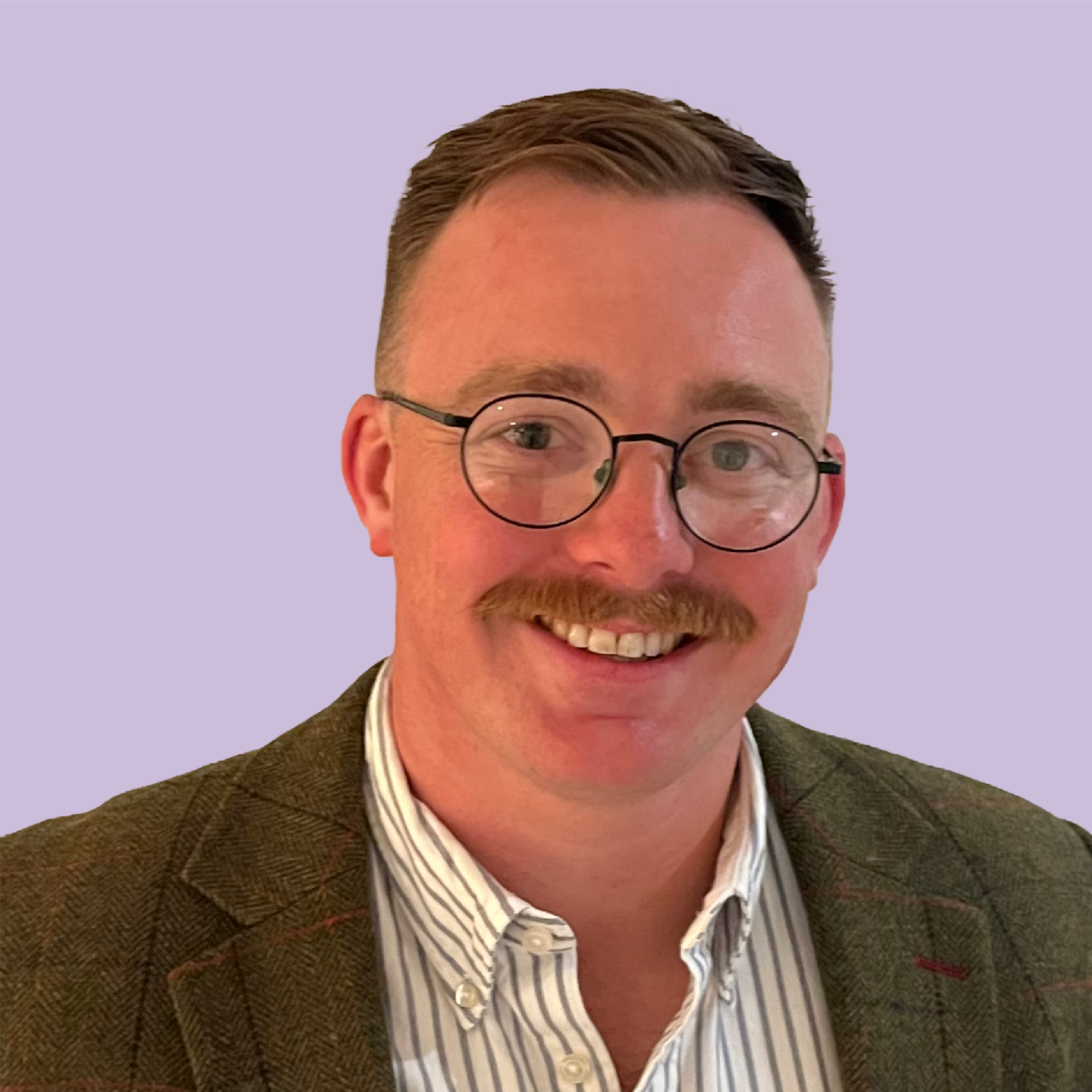WINNER | Billy Parr

ENGINEERING AND MBA OPEN DOORS FOR BILLY
Chartered Engineer Billy Parr says an MBA was always in the ‘back of his mind’ as he prepares to develop wider business skills after picking up a prestigious scholarship.
Billy, 29, has spent eight years working in defence and aerospace at Rolls-Royce after picking up a Civil Engineering degree from the University of Exeter.
In his most recent role at Rolls-Royce he led the production programme for the engines powering the A400m Atlas transport aircraft, collaborating with partners as part of a European consortium. This partnership work sparked an interest in international business operations, which will now see him study for an MBA at INSEAD in France.
Billy is one of the latest young engineers to be awarded a Sainsbury Management Fellows scholarship to study for an MBA at the world’s leading business schools.
He said: “I never really knew what I wanted to be. But my dad was an engineer and I remember seeing all his institution magazines when I was a child. Reading through the articles on stadiums, structures, bridges and ships, really impressed me.
“So, when it was the time to choose a degree, I thought engineering would leave quite a few doors open to me in a range of exciting industries, and it’s proven a good choice.
“Working at Rolls-Royce has been very rewarding. I’ve been involved in exciting projects, ranging from cutting-edge new technologies in our composites business to more mature projects supporting in service aircraft such as maintaining the Hawk, Typhoon and Atlas military fleets for the RAF, along with other global customers.
“Starting my career in aerospace, wasn’t where I’d expected to be when I decided to study Civil Engineering, but I had gained transferrable skills in operations and project management that kept the door open, and I’d always known that working for a business that adds value to society was important to me. I’m lucky at Rolls-Royce to see impressive engines and aircraft as part of my day-job and feel immensely proud when I see our products like the Atlas in the news, going away to do good stuff around the world, like air-dropping aid into Gaza. It gives you a sense of pride to say that ‘I was involved in that’.
“Looking forwards, an MBA has always been in the back of my mind as a next step. It opens new doors to great opportunities and will allow me to broaden my perspectives beyond my experience within the defence and aerospace sector.
“It’s quite easy to carry on doing what you’re good at, especially when you enjoy your job and you’re well thought of. But as I’ve grown, I’ve discovered an interest in company finance, business development, product strategy and so on. I’m starting to scratch the surface of these in my current job and I know that an MBA will give me the skills I need to build on this.
“It’s also a chance to step back from and focus on what makes me tick; to learn about myself. It’ll give me a chance to learn from and about other industries that I may wish to explore in the future or equip me with new skills to bring back to defence to propel my career.
“I’m conscious that I don’t know what I don’t know, and I’m curious to find out more about other industries I’ve not encountered yet and broaden my horizons. I have good friends involved in technology, venture capital, consulting and entrepreneurship so who knows?”
“I’m looking forward to meeting lots of interesting people, learning from them about how they do things differently but also sharing my own experiences too. The defence sector has a lot to learn from, ranging from managing complex logistical challenges, developing high tech products and pursuing collaboration across cultures. It’s all too easy to object to defence spending on moral grounds if you overlook the immense value the sector adds, driving technology forwards and equipping us to provide stability in a volatile global environment.”
Billy was also appreciative of the process of applying for the scholarship, allowing him to look back at not only his early career successes, but also things that have not worked out as planned.
He added: “I found the application process deeply reflective. Unlike many MBA application questions I answered, where you sell your successes, the SMFs asked me to analyse a time I’d failed and share what I’d learned as a result.
“It was the first time I was asked to consider something I had got wrong in my career. It would have been easy to sugar coat things, but if you don’t force yourself to learn from your mistakes it will be detrimental to your career.
“It forced me to own a failure, analyse the situation and communicate how I’d grown from it. The self-evaluation encouraged by this application process has definitely helped me to become a better leader.”
Find out more about the Sainsbury Management Fellows’ Scholarship.

